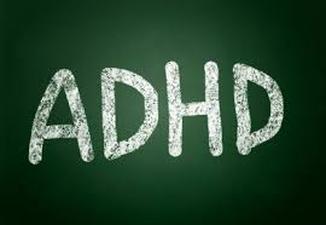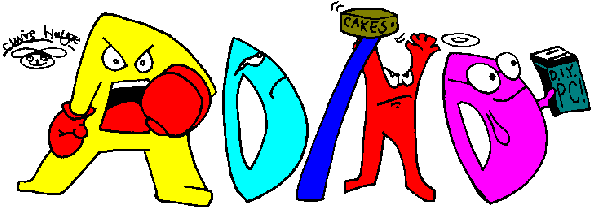Attention Deficit Hyperactivity Disorder
Attention Deficit Hyperactivity Disorder (ADHD) is a term used to describe a person who shows signs of over-active and impulsive behaviour,
often doesn't listen when spoken to and who finds it difficult to focus and pay attention for prologed periods of time.
This can affect from 1-9% of the children in the UK. It is not an indicator of a child's intelligence and can be affected by a number of factors including diet. In some cases medication may be prescribed, but this may not be effective for everyone.
Symptoms of ADHD
Children can display a variety of these symptoms to varying levels. A diagnosis would be completed by a medical practitioner.
Practice that may help
often doesn't listen when spoken to and who finds it difficult to focus and pay attention for prologed periods of time.
This can affect from 1-9% of the children in the UK. It is not an indicator of a child's intelligence and can be affected by a number of factors including diet. In some cases medication may be prescribed, but this may not be effective for everyone.
Symptoms of ADHD
- difficulty following instructions and completing tasks
- easily distracted and "forgetful"
- has difficulty listening
- fidgets - restless, constant physical movement
- talks constantly, interrupts others, speaks their mind
- little patience to wait or take turns
- acts impulsively without thinking about the consequences
Children can display a variety of these symptoms to varying levels. A diagnosis would be completed by a medical practitioner.
Practice that may help
- make eye contact, say their name so they know you are talking to them - if you call out from another room they may not know you are talking to them
- keep instructions simple - one sentence, one step at a time
- give specific praise, so they know which behaviours are good
- keep calm - a child will copy your behaviour
- allow quiet time to allow anger to subside
- know how to distract a child to avoid inappropriate behaviours
- keep clear routines - they need to know the expectations in a situation
- give warning if something is going to change or about to happen
- give two choices - avoid a "no" answer





